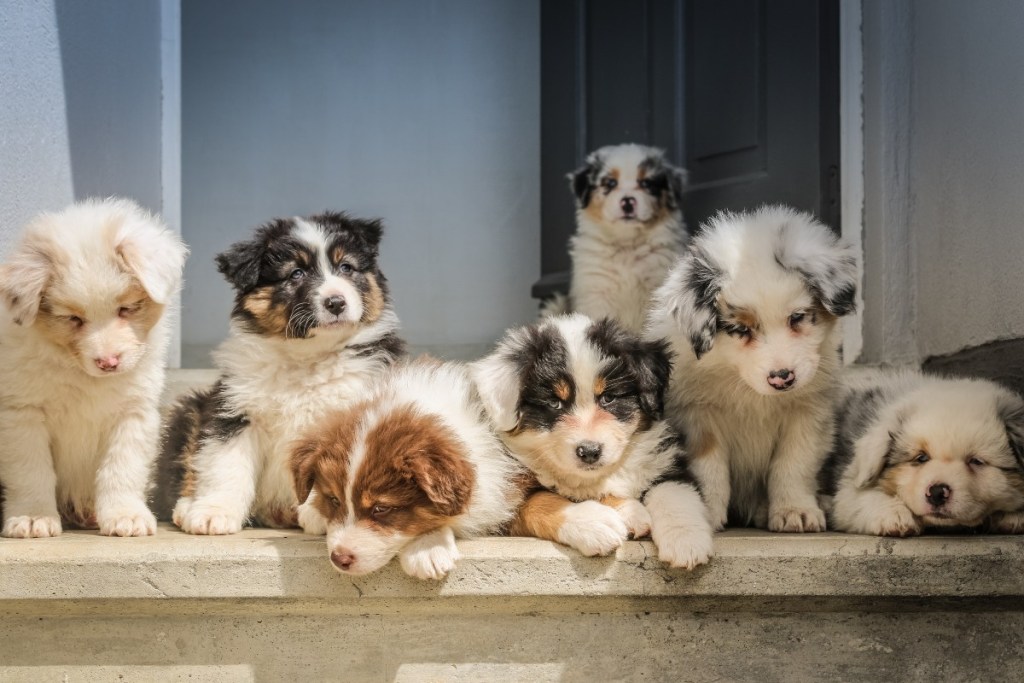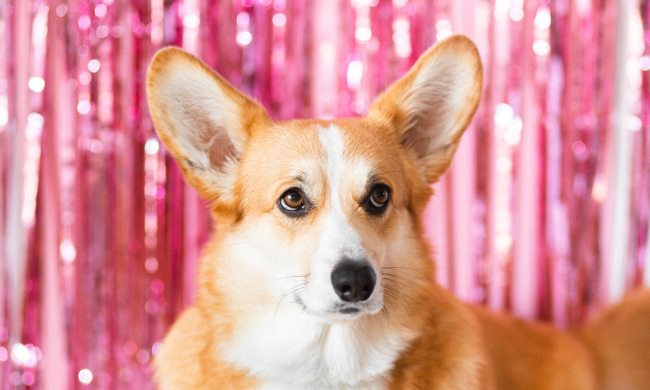When choosing the perfect puppy, there’s the temptation to pick the cutest one. However, as with any relationship (human or pet), it’s what’s on the inside that counts the most. The beauty of a dog is more than fur-deep. Prospective puppy parents will want to look beyond those big brown eyes and all that fur and learn more about an animal’s personality before adopting them.
Choosing a puppy based on personality will help ensure the two of you are a perfect match. For example, you might prefer a really affectionate dog who wishes to live in your lap, or perhaps you want a more independent pup who lets you go to the bathroom with the door closed. A puppy personality test can help you learn your preferences before you even start meeting potential forever friends.

Puppy personality types
Puppy personalities run the gamut. Some are shy, and others are social. Puppies can be dominant or submissive. The experts at RaisingRascal narrowed puppy personality types down into six basic ones. It’s important to note that not every puppy will fit neatly into one category, but these personality types can give pet parents a general idea of what’s out there.
Dominant/aggressive
These pups have bossy alpha personalities. They can be rebels and may display aggressive tendencies. They do best with an owner who is confident, experienced, and willing to put in the work to train and socialize the animal. Puppies who fit this personality generally need to be “king or queen of the castle” and are best suited for homes without other pets or children.
Dominant/active
These pups are also alphas but not as much as the dominant/aggressive types. They’re spirited and may be easily distracted, making them harder to train. However, they need training and socialization and a confident, patient parent willing to help them be the best version of themselves. Their ideal home is one with active adults and perhaps older children.
Independent/strong-willed
Puppies in this category don’t necessarily need to be the alpha, but they are often a bit bossy. They’re confident, can be stubborn, and are not into cuddling. On the other hand, they’re not as susceptible to separation anxiety — when these puppies grow up, they’re often cool to be left alone while you work an 8-hour day. These puppies need patience and consistent training.
Responsive/affectionate
Responsive/affectionate puppies are friendly, fast learners, and want to make you happy. They’re typically good with other pets, older children, and adults. They require lots of love. Their dream home is one with people who can be around often. They’re down for adventures as long as you’re by their side, so these pups make great navigators during road trips.
Calm/docile
These gentle and loving animals will stay true to you forever. They’re great with small kids and typically good with other animals. Puppies who fit this bill can be submissive and laid-back but prone to separation anxiety. In other words, they’re chill lap dogs who want to spend as much time as possible with you.
Shy/fearful
These puppies can show signs of anxiety and don’t have a ton of self-confidence. They need a patient parent willing to love them and committed to helping them become the best version of themselves through slow-paced socialization and training. They do best in calm and quiet homes and with someone who can establish and maintain a routine.
Take a puppy personality test
What puppy personality is best for you? RaisingRascal created a test. It’s best done on dogs ages 7 to 9 weeks old. When administering the test, a person like a trainer (or even you) will look for specific signs. For example, alphas may mount other puppies or steal toys. Submissive dogs don’t usually fight back and will stay close to Mom. Independent dogs are happy to play with their siblings or go off on their own, while you’ll usually find docile puppies in the middle of the pack.
Ultimately, evaluating your puppy based on this personality test can help you:
- Learn how a puppy will do in specific situations, such as with another pet.
- Get a feel for their nature (i.e., shy, bold, friendly, needy, or independent).
- Predict the type and amount of training the puppy may require.
- Evaluate energy levels.
There’s a puppy for everyone!
Meeting a puppy in person will give you the best feel for the dog’s personality. However, taking some time to think about your preferences in advance can help breeders or shelter staff show you your best bets. Then, during the meet and greet, you can evaluate the dog for certain personality traits. You may watch the pet interact with siblings and take note of any mounting behaviors or whether they try to fight back if another dog comes and steals their toys. Puppies may act a bit different during a meet-and-greet than they do around people they are more familiar with, though. Be sure to ask the breeder or shelter staff what personality traits they’ve observed to get a fuller picture of the puppy’s personality.




